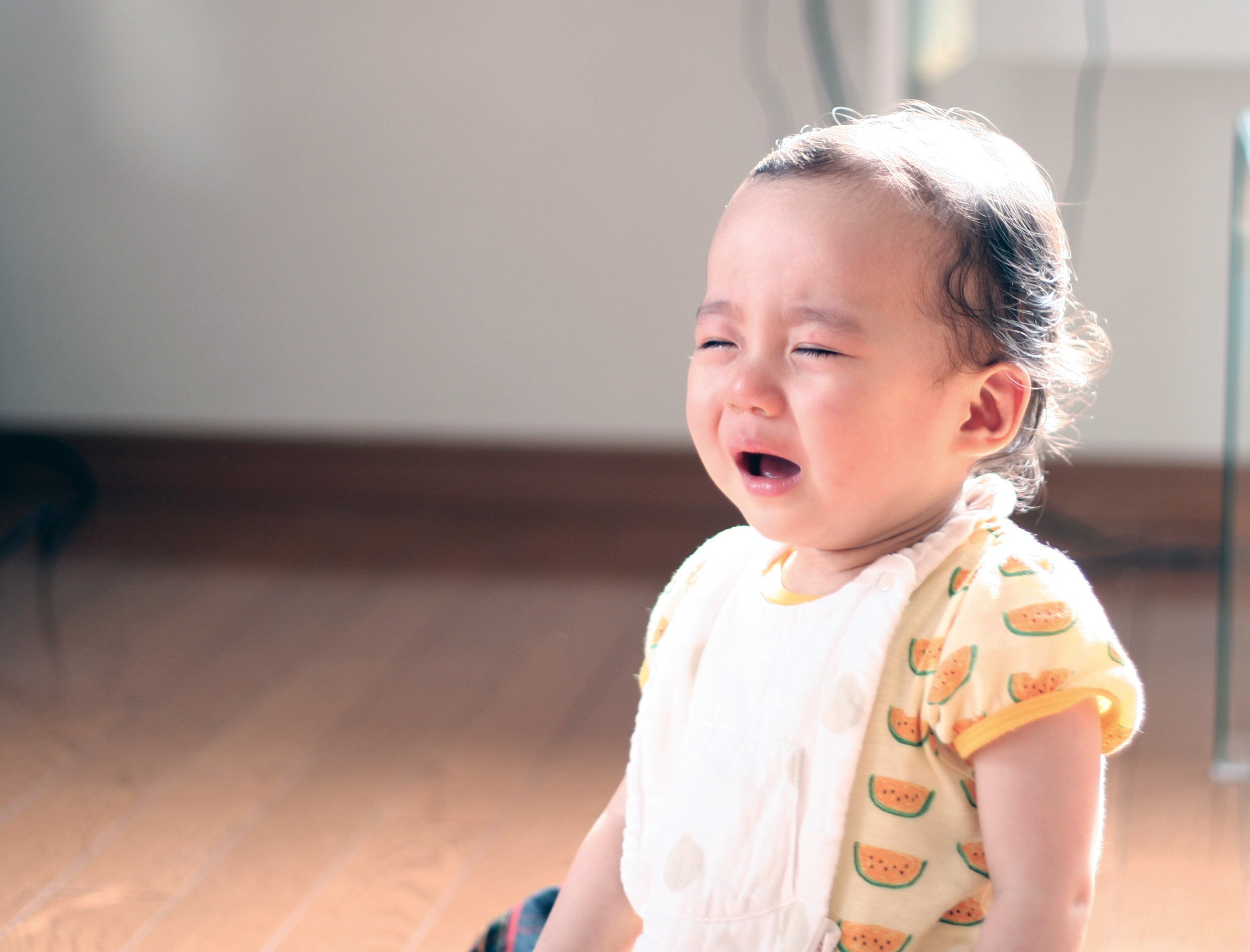If you haven’t seen the documentary “The Work,” go see it, now. (It’s streaming on Kanopy, which is free with a public library card.)
It made me cry five times, at least—and I can’t remember the last time I cried.
The film’s subject is a therapy group in a maximum-security prison in California. Prisoners join volunteers from outside the prison to talk through grief, anger, and other painful emotions their experiencing.
I cried a mere 15 minutes into the film when a former gang member named Kiki breaks down because he’s never mourned his sister’s death. “I don’t want to bottle up that little kid, that little kid who used to cry when his daddy would whoop his ass,” he says, weeping and screaming as the other prisoners hold him.
I cried because I was reminded that every one of us hides our emotional wounds. We hide our pain behind anger, or our grief behind being a “real man,” or our resentment behind a pretend smile, or our loneliness behind another beer.
Even if your father didn’t beat you, or you aren’t a gang member, you’ve gone through trauma. You have wounds. You’ve been through some shit.
How your parents or caregivers treated you when you were young—even if they loved you deeply—shaped how you relate to yourself and others as an adult. As physician and addiction expert Gabor Maté writes, “Emotional nurturance is an absolute requirement for healthy neurobiological brain development.”
If your mother was stressed about work, or your father was an alcoholic, or there was conflict in the family, you were affected in ways that influence how you handle emotions today.
Get this: studies show that concentrations of the stress hormone cortisol are elevated in the children of depressed mothers. At age three, the highest cortisol levels were found in those children whose mothers had been depressed during the child’s first year of life.
No one can avoid the trauma of being an infant and relying on others to fulfill our needs. There’s really no escape.
That’s why mindfulness meditation, which gives us the opportunity to turn towards rather than away from our emotions, is playing with fire. This practice isn’t all peace, love, and productivity gains.
When we stop believing our own bullshit—the stories our mind comes up with to avoid feeling painful emotions—we can experience moments of relaxation, acceptance, and wholeness. That’s why so many people are drawn to meditation. But we can also experience what we’ve been hiding from.
“It’s very easy to overload your circuits,” says Willoughby Britton, a neuroscientist who studies meditation. “We have this idea that diving in is going to make us feel better. But often it can destabilize the system. It’s just too much, and it can be dissociating.”
So, what should you do if you’re meditating and out of nowhere comes a bout of sadness or anger or extreme anxiety?
Well, stop meditating and go see a therapist or talk with a trusted friend. You don’t have to turn this practice into a heroic performance like everything else in our individualistic, capitalist society.
But if you feel safe enough to step towards the flame, try to find a neutral feeling in the body. Notice the connection points between your feet and the floor. Feel the density of the bones in your hands. Follow the air as it travels down through your sinuses and back up again.
Once you feel safe, move your attention to wherever you feel that sadness or anger or anxiety, likely in the middle of your chest or your stomach. Feel the raw sensations—the warmth, the coolness, the tingling, the flow of energy.
If your mind goes to stories about the emotion—he’s such an asshole—let go of the thought and return your attention to the raw sensations.
If the sensations are overwhelming, return to that neutral place in the body. Go back and forth, over and over again. Eventually, the difficult emotion might dissolve—or it won’t.
Healing your wounds—doing the work—is a lifelong journey, so take your time.
Free meditation cheat sheet
I’ve come up with a cheat sheet to help you start and stick with a regular meditation practice. Get it for free here.
Listen to my podcast Meditation for the 99%
On Meditation for the 99%, I take meditation out of faraway monasteries, expensive retreat centers, and Corporate America, and bring it to work, relationships, and, especially, politics. Listen everywhere podcasts are available.
